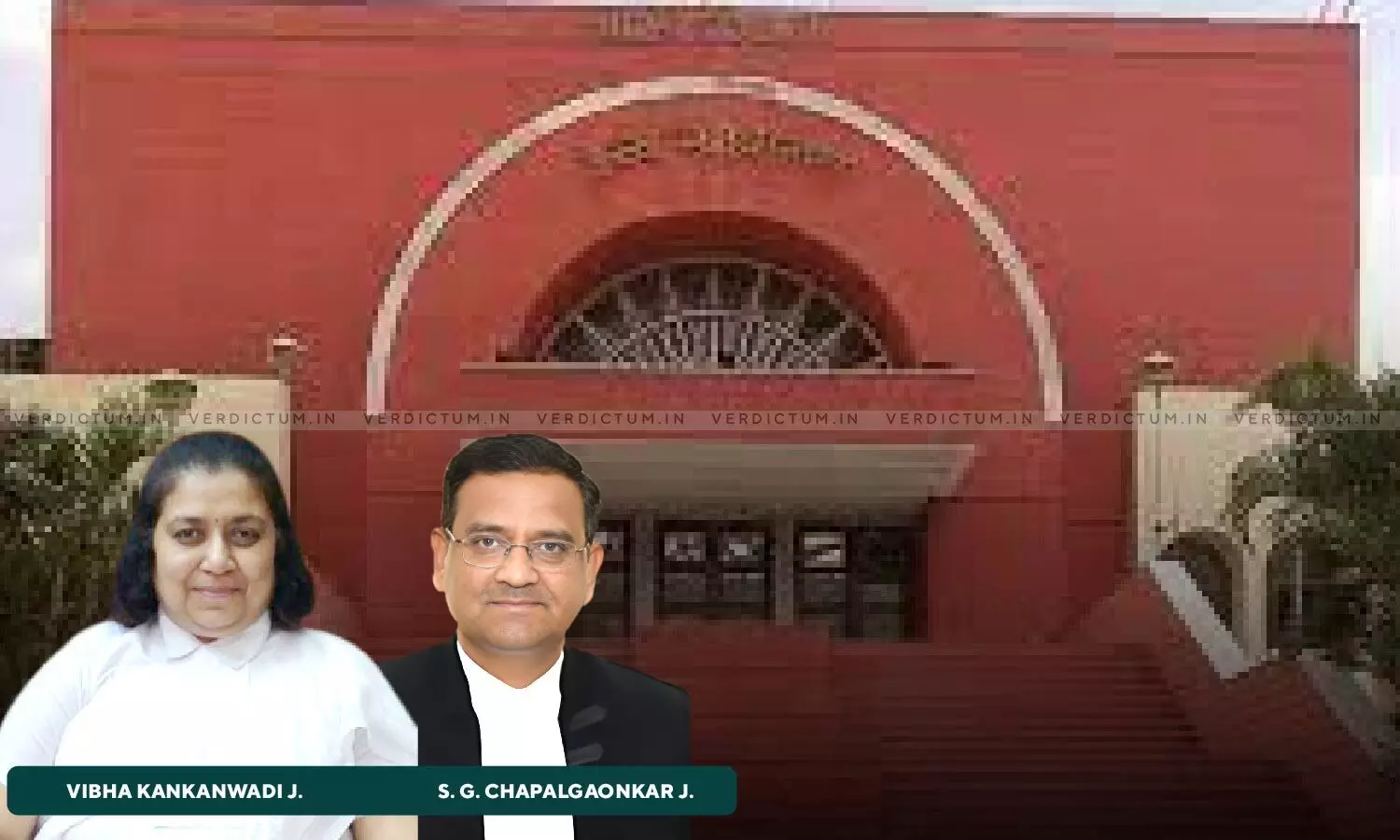
Recording Conversations In Police Stations Does Not Violate Official Secrets Act: Bombay HC
 |
|The Bombay High Court has ruled that the recording of conversations in police stations do not violate the Official Secrets Act.
In this case petitioners faced charges stemming from an incident involving the recording of a conversation with a police officer. The FIR was filed alleging that the brothers engaged in criminal conspiracy (under Section 120B of the IPC) and intimidation (under Section 506 of the IPC), along with accusations related to the Official Secrets Act. These allegations stemmed from an earlier incident when three individuals allegedly broke into their residence and assaulted their mother. Dissatisfied with the police's response to their complaint—classified as a non-cognizable offense—the petitioners sought clarity on the situation. Later petitioners confronted the Investigating Officer about the case and recorded their conversation, during which they claimed tbey was pressured to withdraw their complaint against the trespassers and threatened with potential charges under the Atrocities Act. Following this confrontation, Petitioners forwarded the recording to the Director General of Police, leading to the filing of the current FIR against them.
A Bench of Justice Vibha Kankanwadi and Justice S.G. Chapalgaonkar, found that the relevant details in the First Information Report (FIR) and witness statements indicated that the entire episode took place within the confines of a police station. The police had previously invoked the Official Secrets Act, 1923, against the brothers.
The Court said, “Police have invoked the Official Secrets Act, 1923. Section 2 (8) of the said Act defines what is “prohibited place”. Police Station is not included in the said definition. Section 3 of the Official Secrets Act, 1923 deals with “Penalties for spying”.
Advocate A.G. Ambetkar appeared for the petitioners, while Additional Public Prosecutor N.R. Dayama appeared for the respondents.
Therefore, the Court ruled that the charges under the Official Secrets Act were not applicable and thus quashed them. The Court added, “Anything done in the police is absolutely not included in Section 3. Under such circumstance, ingredients of the said section are not at all attracted.”
The Court emphasized that the Official Secrets Act's definition of a prohibited place does not include police stations, concluding that the charges under the Act were unfounded. While the Court acknowledged the serious nature of the allegations under the IPC, it decided to allow the lower court to determine if there was sufficient evidence to proceed with the charges of conspiracy and criminal intimidation.
Ultimately, the Court quashed the charges under the Official Secrets Act but permitted the IPC charges to continue. The case will now return to the Judicial Magistrate First Class in Pathardi for further proceedings.
Cause Title: Subhash Rambhau Athare & Anr. v. State of Maharastha & Anr., [2024:BHC-AUG:23601-DB]